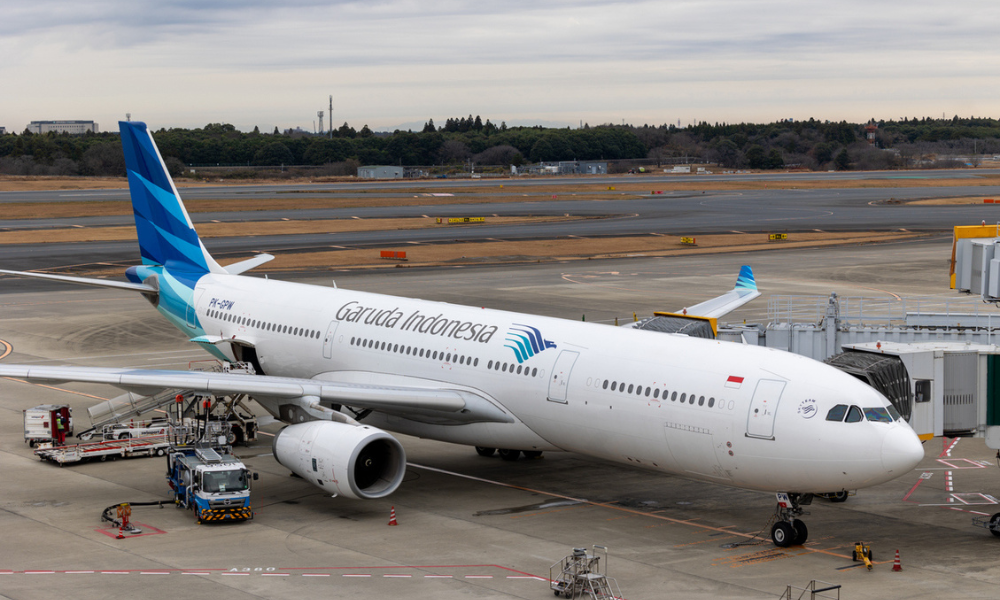
The case involves an airline facing demands for unpaid debts amounting to over US$ 400 million

The High Court recently ruled that a foreign state-owned entity registered as a foreign company in Australia is immune from winding up proceedings under the Foreign States Immunities Act.
The case involved an Irish company, Greylag Goose Leasing, which leased aircraft to an Indonesian state-owned airline. The airline, Garuda, incorporated in Indonesia and registered as a foreign company in Australia, faced demands from Greylag Goose for substantial unpaid debts amounting to over US$ 400m. Greylag Goose initiated proceedings in the NSW Supreme Court to wind up Garuda under Part 5.7 of the Corporations Act due to its inability to pay its debts.
Garuda, claiming immunity under s. 9 and 22 of the Immunities Act, sought to set aside the proceedings. The Immunities Act generally provides foreign states and their entities with immunity from Australian court jurisdiction unless a specific exception applies. Greylag Goose contended that the exception in section 14(3)(a) of the Immunities Act, which removes immunity for proceedings concerning bankruptcy, insolvency, or the winding up of a corporate body, applied to this case.
The primary question was whether s. 14(3)(a) of the Immunities Act applies to the winding up of a body corporate that is a separate entity of a foreign state, such as Garuda. The court found that the exception in s. 14(3)(a) did not apply in this context. The court reasoned that s. 14(3)(a) could not be construed to apply to the entity itself that seeks immunity under s. 9 and 22 of the Immunities Act. Consequently, Garuda, as a separate entity of a foreign state, remained immune from the jurisdiction of Australian courts in the winding up proceedings initiated by Greylag Goose.
The High Court emphasised that s. 22 of the Immunities Act applies the same immunity rules to separate entities of foreign states as it does to the foreign states themselves. Thus, the immunity conferred by s. 9 and 22 of the Immunities Act excludes Australian court jurisdiction over a separate entity's winding up proceedings unless another specific exception applies, which was not established by Greylag Goose.
The Federal Court's decision underscored the importance of understanding the intricacies of the Immunities Act when dealing with foreign state-owned entities and their commercial activities in Australia. Ultimately, the court reinforced the protection afforded to foreign states and their entities, aligning with international principles of state immunity while balancing creditors' rights in commercial disputes.